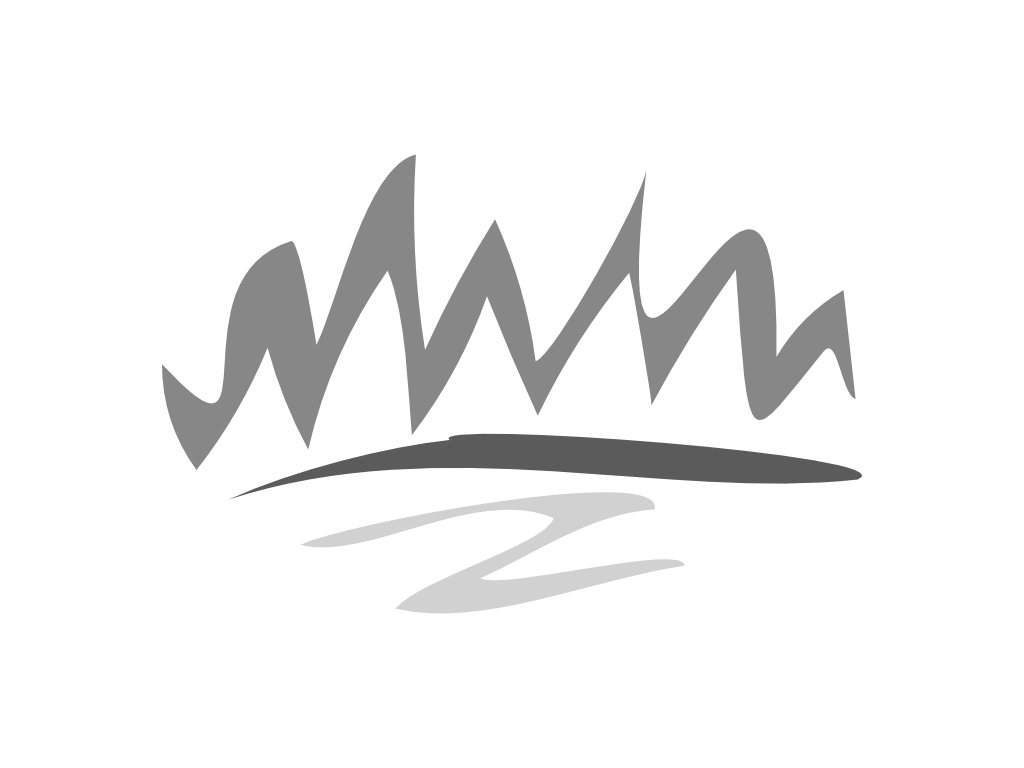
Victoria – The Forest Practices Code has produced good results in improving site-specific forest practices, particularly those dealing with roads and cutblocks around the province. But important Forest Practices Code provisions intended to protect wildlife, biodiversity, recreation and scenery have still not been implemented. This is the main message of the 1999 Annual Report of the Forest Practices Board, tabled last week in the B.C. legislature.
Outgoing board chair Keith Moore, in his statement from the chair, said: “[P]lanning and practices do not yet protect many of the important environmental forest resources. Implementation of the Code is still incomplete and unfinished four and one-half years after it became law.” He warned that: “British Columbia faces serious repercussions if it is unable to demonstrate that wildlife, scenic and recreational values, and biodiversity are protected in forestry operations.”
In 1999 the board faced the first legal challenge to its mandate. The British Columbia supreme court firmly upheld the board’s responsibility to report field observations and make recommendations to improve code legislation. Not only does the Board have legal jurisdiction to report findings of non-compliance with the Forest Practices Code, but the court has supported the Board’s right to make public those practices that comply with the code but are not considered by the Board to be sound forest practices.
The board also completed its first audit of government’s enforcement of the Forest Practices Code in 1999. This audit provided a critical assessment of the B.C. government’s framework for code enforcement and identified the need for improvement to ensure the code is adequately and effectively enforced.
“The end of 1999 marks the fifth anniversary of the Forest Practices Board,” Moore said, “We have established ourselves as an effective and credible organization whose mandate is to protect the public’s interest in effective forest management. We have clearly demonstrated our independence from government and industry.”
Current government policy direction and interpretation of the code are not always consistent with code objectives to protect environmental values. The code provides for measures to protect non-timber resources like winter ranges and areas managed for wildlife, visual quality, recreation and biodiversity. However, code provisions dealing with these resource values cannot be enforced until government implements these provisions.
These values must be managed at a higher “landscape” or “watershed” level rather than at a site-specific cutblock level, the report says. In most parts of the province, this has not yet happened. For example, in most areas of the province, government has not identified old growth management areas. As a result, there is no legal requirement for forest development plans to specify measures to protect old growth.
The year 2000 sees the arrival of new board chair Bill Cafferata. “The board plans to continue to deliver its core programs but we must remain relevant to evolving forest practices,” says Cafferata. “That means that the regulation of forest practices must also continue to evolve as we move towards a more results-based code.”
Furthermore, the board expects certification of forestry operations in B.C. will continue to expand. International scrutiny and pressure to obtain certification mean B.C. must take steps to demonstrate that it is managing all forest resources in a sustainable manner.
“The board is committed to continue to encourage government to implement higher-level provisions under the code to make sure that B.C. forest practices also manage and conserve important non-timber forest resources,” said Cafferata. “The public expects the establishment of winter ranges for wildlife, wildlife management areas, scenic areas for visual quality, and old-growth management areas for biological diversity at the landscape level.”
Keith Moore, Former Chair
Bill Cafferata, Chair
Forest Practices Board
Phone: (250) 387-7964
1-800-994-5899
Nicky Cain,
Communications
Forest Practices Board
Phone: (250) 387-7964
1-800-994-5899
